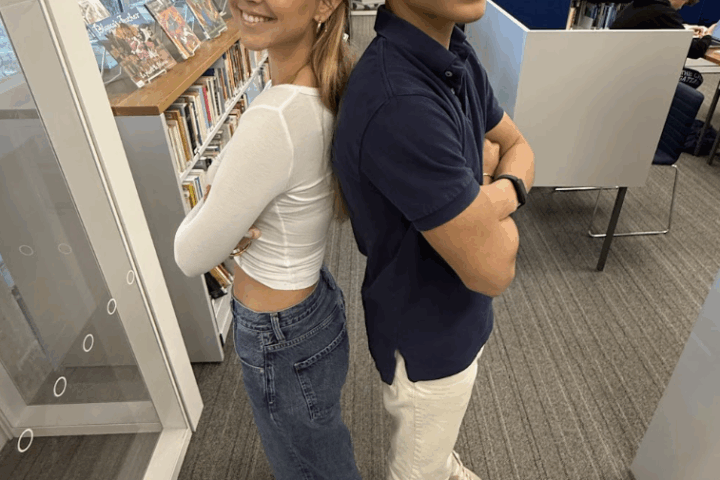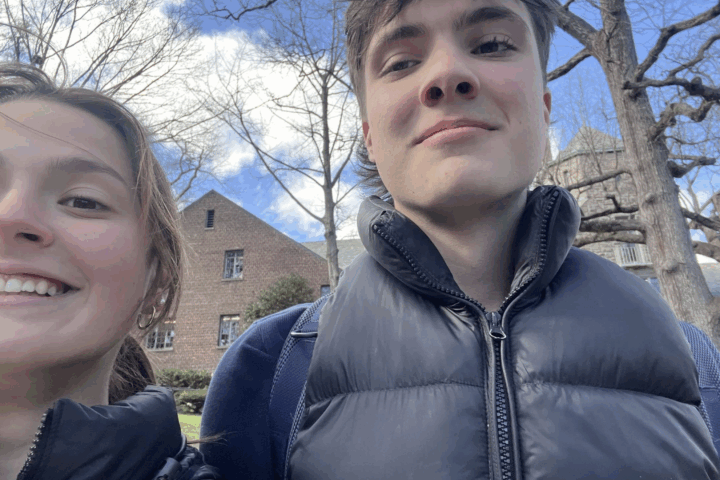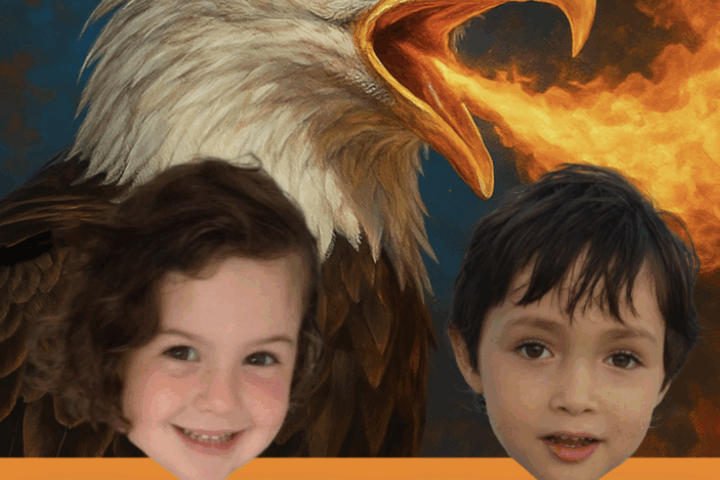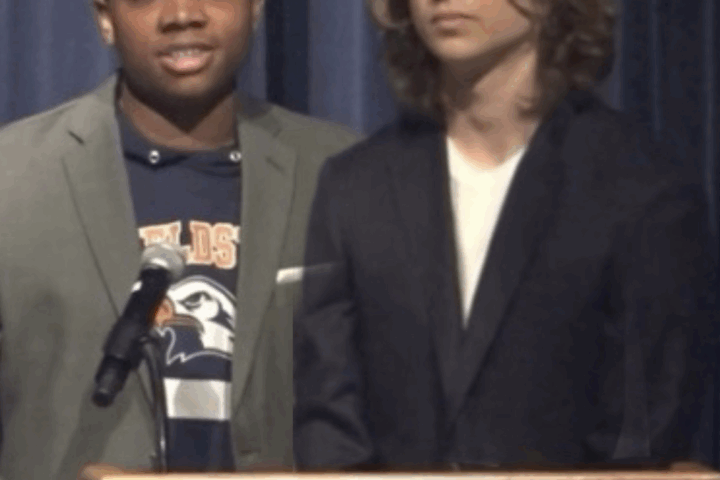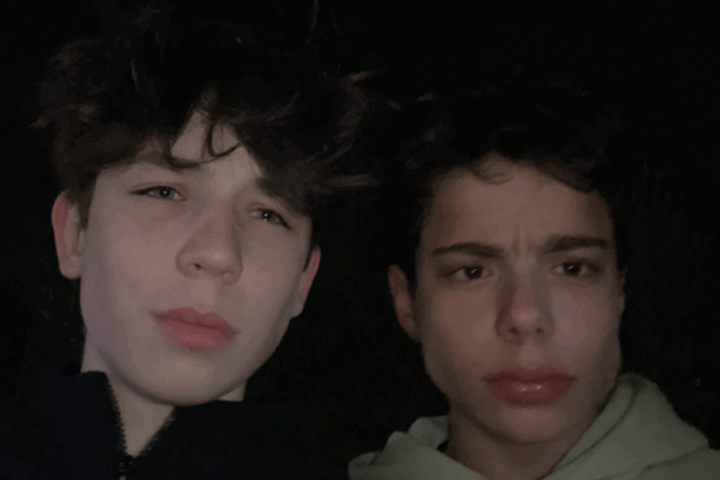The Mental Health Club has been a meaningful part of the Fieldston community ever since it was created. Currently, the club is led by Sophie David (V), Emma Friedman (IV) and Isabella Bilous (V). Other club leaders include the fundraising coordinator Isabel Corb (V) and the social media coordinator Carson Lender (V). These five Fieldston students spend a significant amount of their free time putting together the educational emails, posts and drives that the entirety of the Fieldston community is so grateful for. Additionally, Jessica Lassman, the Upper School Psychologist, and K.C. Cohen, the Director of Health and Wellness in the Middle and Upper School, serve as the faculty advisors for the club.
Early this year, the Mental Health Club launched their first-ever sticker drive. In previous years, the club sold stickers at their very popular bake sales, but, because of COVID-19 safety measures, bake sales are no longer a fundraising option. Despite this obstacle, the sticker drive was extremely successful, raising a whopping $1200 for the Loveland Foundation, a therapy fund for black women and girls. Now, the club is running their sixth annual Valentine’s Day Candy Gram Drive. In a typical school year, students buy candy grams at a stand located conveniently on campus, however this year the protocol was a bit different. Instead of purchasing candy gram gift bags in person, students had the option of filling out a Google Form if they were interested in sending their peers candy accompanied with a sweet note.
All of the proceeds from the 2021 Valentine’s Day Drive will be donated to the Coalition for the Homeless (CFTH). The Mental Health Club describes the CFTH as “a service and advocacy organization on the ground in NYC. Through grassroots organizing, the Coalition runs 11 frontline programs in the city, supporting and assisting the most disenfranchised New Yorkers on the path to long-term stability. Funds from this drive will be specifically directed towards the CFTH’s Client Advocacy Program (CAP), which specifically helps homeless adults living with a mental illness or physical disability. Through an individualized approach, the CAP supports these individuals in obtaining critical benefits and finding permanent supportive housing. […] Donation[s] will go directly to those facing the burdens of the systemic link between homelessness and mental illness.”
This is the first year that the Mental Health Club is donating to the CFTH. The club decided to donate the Valentine’s Day Drive profit to the CFTH because they wanted to donate to a smaller program and bring attention to organizations that are less well-known. The club also appreciates the CFTH’s specific Client Advocacy Program because they find that it is easier for people to connect with the foundation. Recently, the club has been focusing on the intersectionality of mental health and other identifiers and the work done by the CFTH highlights the intersectionality of mental health and socioeconomic status. Even though the members of the Mental Health Club have not been able to interact with the CFTH in person, they still feel as if they have established an especially close relationship with the organization.
The Mental Health Club plans to change their curriculum so that it focuses on the educational aspects of learning about mental health instead of community building. As of right now, the club is predominantly female and white which raises important questions about the intersectionality of mental health, race and gender. Over the course of this semester, the club leaders want to hold discussions that address these crucial questions while partnering with MERGE. In addition to a MERGE partnership, the club also plans to bring Abraham Scully, a speaker from the Active Minds organization, to Fieldston (virtually). Scully is an African-American man who works with Active Minds in efforts to reduce the stigma around men living with mental illnesses.
The Fieldston community misses the Mental Health Club’s bake sales and assemblies, but the club leaders have definitely made up for these great losses. The club’s Instagram account has provided Fieldston students with the information that would typically be presented at the annual Mental Health Club assembly. The club leaders have also spent an abundance of time looking for ways to supplement traditional club events with new online activities, such as the anonymous compliment form. David, Friedman, Bilous, Corb, and Lender have formed what Corb put as a “tight-knit family” while they run one of Fieldston’s favorite clubs.

